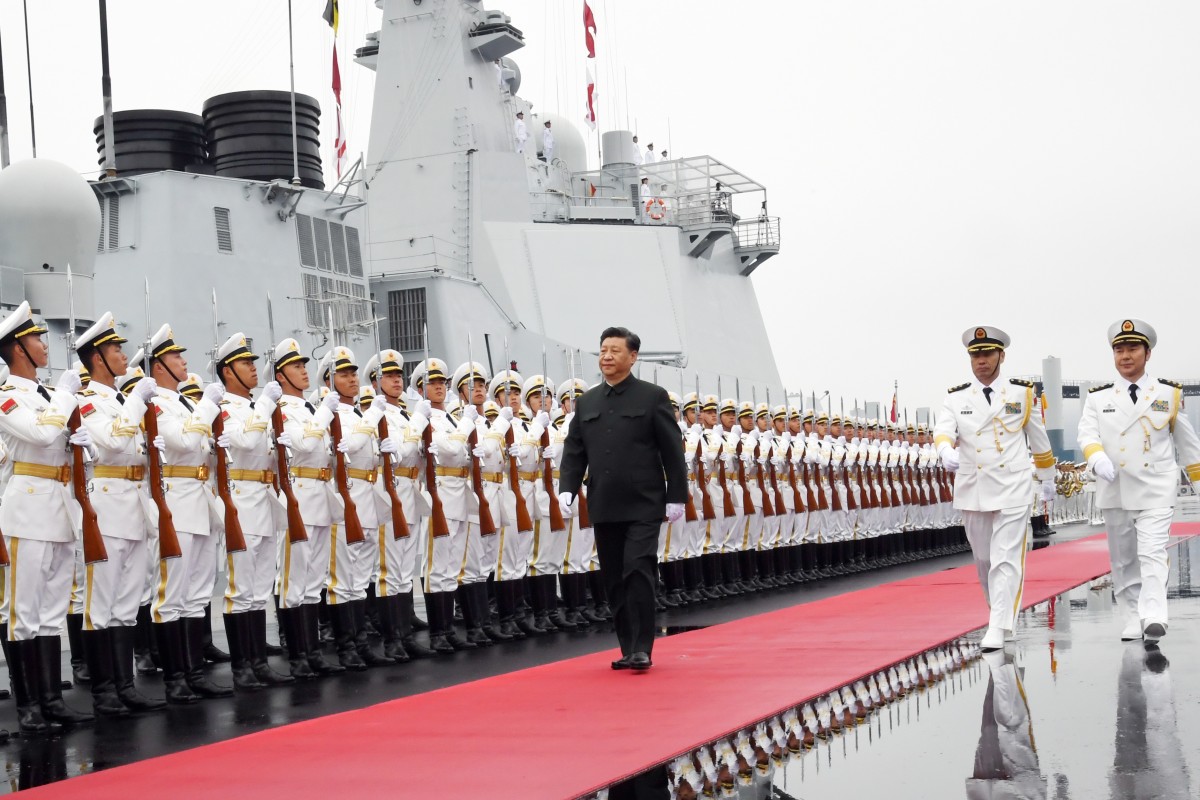Hicks: DoD Budget Designed to Deter Chinese Aggression; Pentagon Issues New China Policy Directive
This post has been updated to clarify comments from Kathleen Hicks.
The Pentagon drew up its $715 billion budget request with a clear-eyed approach on how to “deter military aggression” when it comes to China, the Defense Department’s number two civilian said on Tuesday.
Kathleen Hicks, deputy secretary of defense, said she sees “threads of continuity” in the Biden administration approach in its strategic guidance as they look at the emerging threat from Beijing as a “pacing” competitor.
She stressed that “democracies have an interest in protecting themselves.” That means allies have to work on “meaningful deterrence. We don’t want adversaries to think we lack the will or capability to defends ourselves.”
Speaking Tuesday at the Center for New American Security’s annual conference, Hicks said the request reflects the “integrated deterrence” goal of the administration using diplomatic and economic tools, as well as military strength in carrying out a whole-of-government strategy.
Related to the budget priorities, Defense Secretary Lloyd Austin on Wednesday disseminated a directive within the Pentagon about a series of recommendations and initiatives from the task force’s work.
The Pentagon convened its China Task Force earlier this year and for the last several months has been evaluating the Defense Department’s China policy.
A senior defense official in a call today with reporters declined to provide specifics on the recommendations and initiatives, citing classification.
“Today’s directive is kicking off a number of new initiatives and as
they develop and as they come to fruition, we’ll have the opportunity to
share more about the specific programs,” the official said.
“The core mission of the task force … was to get the department’s house
in order on its stated prioritization of China and looking at the full
set of processes and procedures for how the department’s going about
doing that,” the official added.
In terms of larger policy drives beyond China, Hicks saw climate change as being a key part of the strategy. “Beyond hurricanes,” Hicks cited training days lost, rising sea levels affecting installations and storm devastation. “Tyndall [Air Force Base in Florida’s Panhandle] was wiped off the map” in a Gulf Coast storm.
Looking outside the United States, Hicks said sea level rises in the Pacific could put the “Marshall Islands completely underwater,” setting off a humanitarian crisis. She added climate change was a factor in the migration from Central America as hundreds of thousands leave their homes in Honduras, El Salvador and Guatemala.
Hicks said the Biden administration’s National Security Strategy will be delivered next year.
The budget is also calling for a hard look at “force structure” beyond end-strength numbers. “The Marine Corps is doing fundamental force design” for the future. She said there has “been an uptick” in readiness during the Trump administration years.
Hicks praised Ellen Lord’s efforts as Pentagon acquisition chief for “jump-starting” necessary reforms in Pentagon buying habits that have allowed small companies to better compete for business. Even with $112 billion requested in Fiscal Year 2022 for research, development, testing and evaluation, she said the “Valley of Death” scenario still exists for innovative companies who can’t wade through the two-year appropriations process before earning a profit.
She said the department is working to better link experimenters “to our concept,” especially in software to overcome that hurdle.
The administration is still working out with allies details on the “over-the-horizon” strategy it is adopting in Afghanistan for counterterrorism and training its security force. She added this counterterrorism approach is similar to “what we take in most parts of the world.”
Hicks pointed to the establishment of a three-star Work Force Council to address retention and promotions to senior levels of women and minorities. “We have nothing” like the requirements process when it comes to personnel.
“There’s a massive business case for diversity, equity and inclusion. The first thing we have to do is set the standard,” she said.






Nessun commento:
Posta un commento